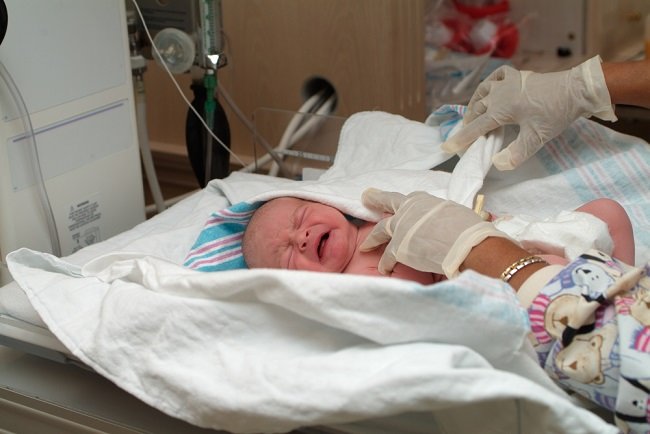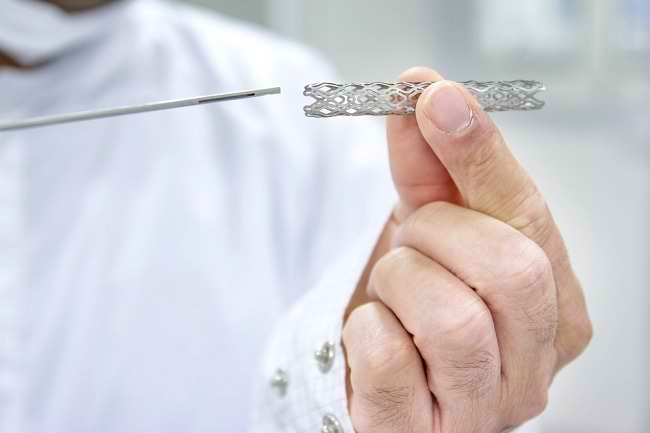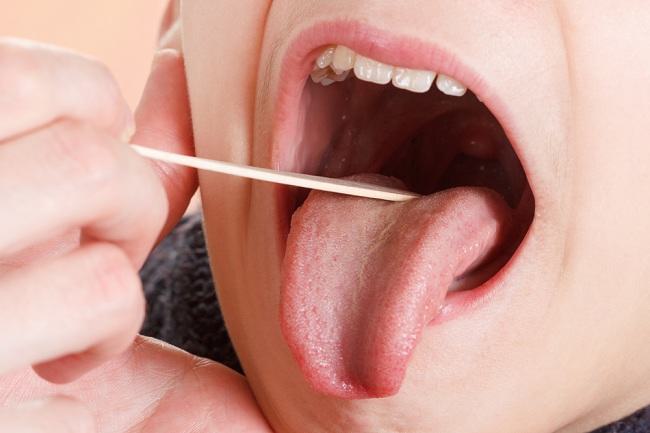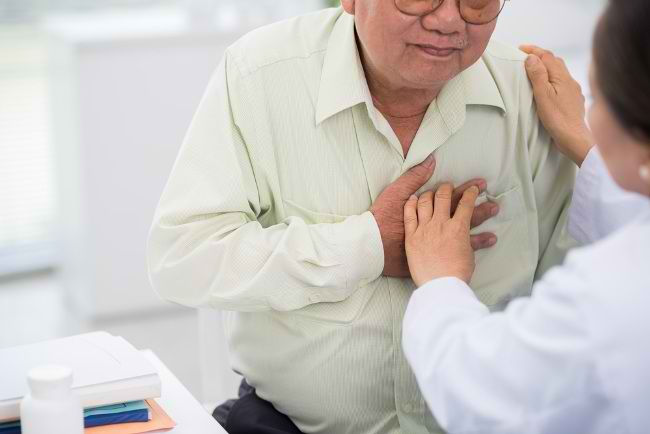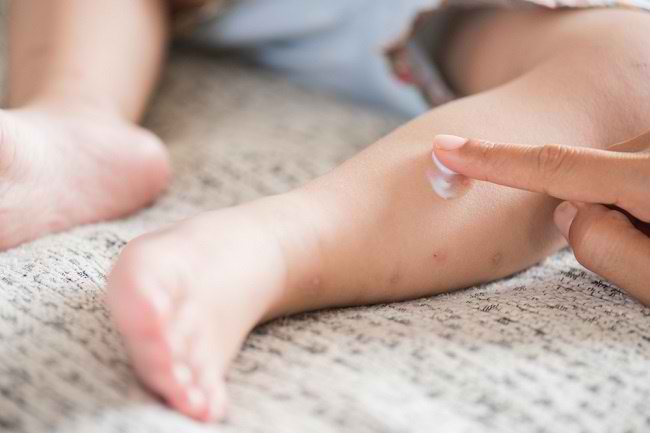Tattoo infections can cause permanent skin damage, even more serious health problems. If you are planning to get a tattoo, it's a good idea to know in advance what steps need to be taken to prevent tattoo infection.
Tattoos are drawings, writings, or symbols that are made on the surface of the skin using needles that are specially inked. For some people, tattoos are an art or a way to express themselves. However, if you are not careful, tattooing can cause skin infections that can lead to dangerous complications.

The most common symptoms of a tattoo infection are pain and swelling in the area of the tattooed skin, as well as pus from the tattoo wound. Other symptoms that can also appear are fever and chills.
The risk of making tattoos in the form of skin infections can be prevented if the tools and materials used are sterile, and the process is also in accordance with safety and hygiene standards. In addition, proper skin care is also needed after the tattoo is made, to prevent tattoo infection.
Pay attention to the level of cleanliness of the studio and needles
Tattoo infections can cause serious health problems, especially if not treated properly. In addition, tattoo infections can also damage the skin and make the tattoo results less good. Therefore, as much as possible prevent tattoo infection from the start.
The trick is to pay attention to the cleanliness of the place, tools, and materials used to make tattoos, as well as the processing procedures. The following are things you should pay attention to before getting a tattoo:
- Make sure the tattoo work is done by a tattoo artist (tattoo artist) who have been trained to perform tattoo procedures safely.
- Make sure the tools used are clean and the needles used are new.
- Make sure the tattoo artist has washed his hands first and put on new gloves while working on your tattoo.
- Make sure the ink is properly sealed before use, to prevent bacterial and fungal contamination that can cause tattoo infections.
- Make sure the water or solvent to dilute the ink is clean and sterile.
Do Proper Tattoo Treatment
After the tattoo is painted on your body, take proper care to avoid tattoo infection. The following are the steps you need to take to care for newly tattooed skin:
1. Remove the bandage and apply antibiotic ointment
After making the tattoo, usually the tattoo will be bandaged. Remove the bandage after 24 hours. After that, apply an antibiotic ointment to the tattooed skin area. Once the antibiotic is applied, you don't need to put the bandage back on and allow the tattoo wound to dry.
2. Clean the skin with mild soap
To clean the skin that has been tattooed, you can wash it with water and mild soap. Do not use soaps that contain fragrances or antibacterials, as these can cause the tattoo wound to sting and become irritated.
When showering, avoid running water directly into the tattoo area and avoid rubbing the tattooed skin with a towel. Just pat the towel lightly to dry the area.
3. Keep skin moist
Apply moisturizer several times a day on the newly tattooed skin area to prevent irritation. If the tattooed body part is covered by clothing, do not wear tight or rough clothing as long as the tattoo wound has not dried. This is to prevent the tattoo from rubbing against clothing.
4. Avoid sun exposure and don't swim
Keep the newly tattooed area away from direct sunlight for a few weeks. In addition, you should also not swim until the tattoo wound is completely dry.
5. Do not peel or scrape the wound on the tattoo
Generally, the tattoo wound will begin to dry within a few days to about 2 weeks. At that time, the tattooed skin area can form a crust. Don't peel off crusts or blood clots that stick to the skin, as these can cause sores that could lead to a tattoo infection.
How to Overcome Tattoo Infections
To treat a tattoo infection, the doctor will usually give antibiotics to kill the bacteria causing the infection. This drug can be in the form of topical or oral medication. In addition, the doctor will also give you medicines to relieve the symptoms you are feeling, such as: paracetamol to treat pain and fever.
If the tattoo infection is severe and has caused the death of skin tissue, doctors need to treat it with surgery. The purpose of this surgery is to remove dead skin tissue and prevent the spread of infection.
The sooner treatment is done to treat a tattoo infection, the less likely it is to develop severe conditions or dangerous complications. Therefore, if you experience symptoms of a tattoo infection as mentioned above, you should immediately consult a doctor.



